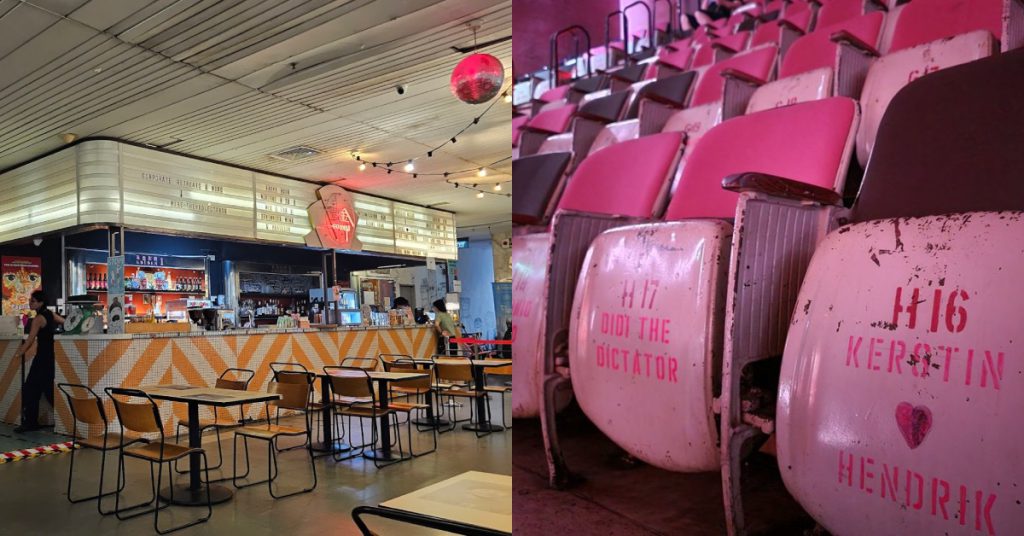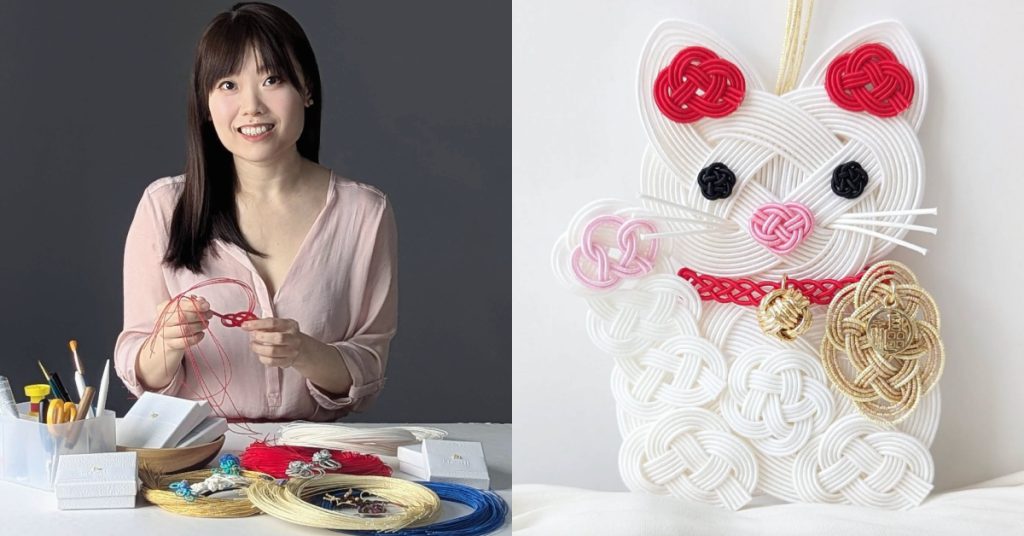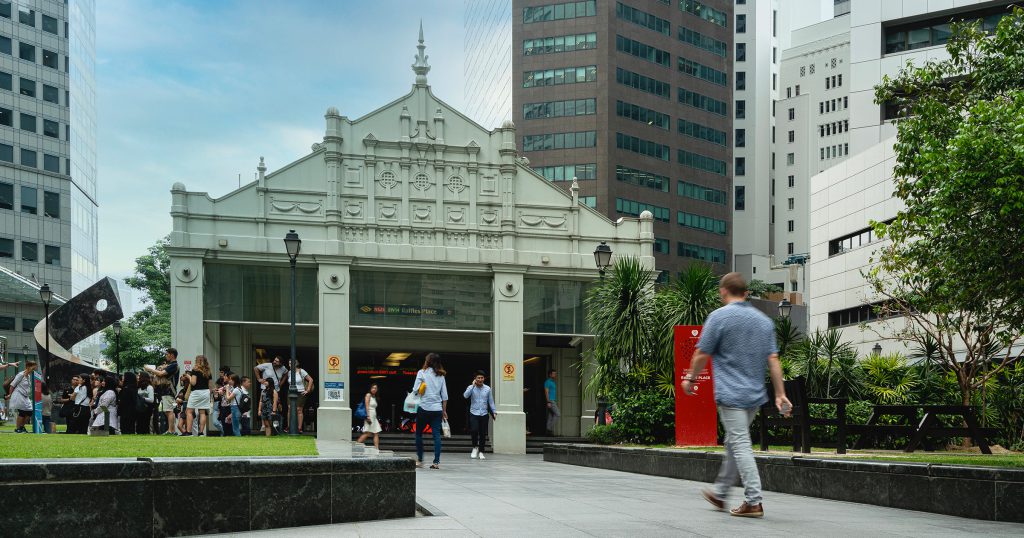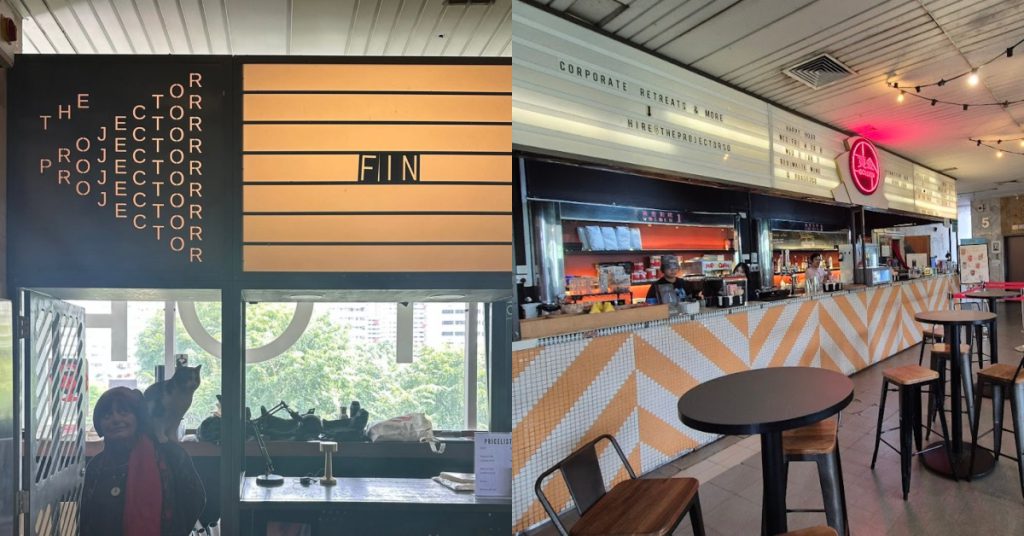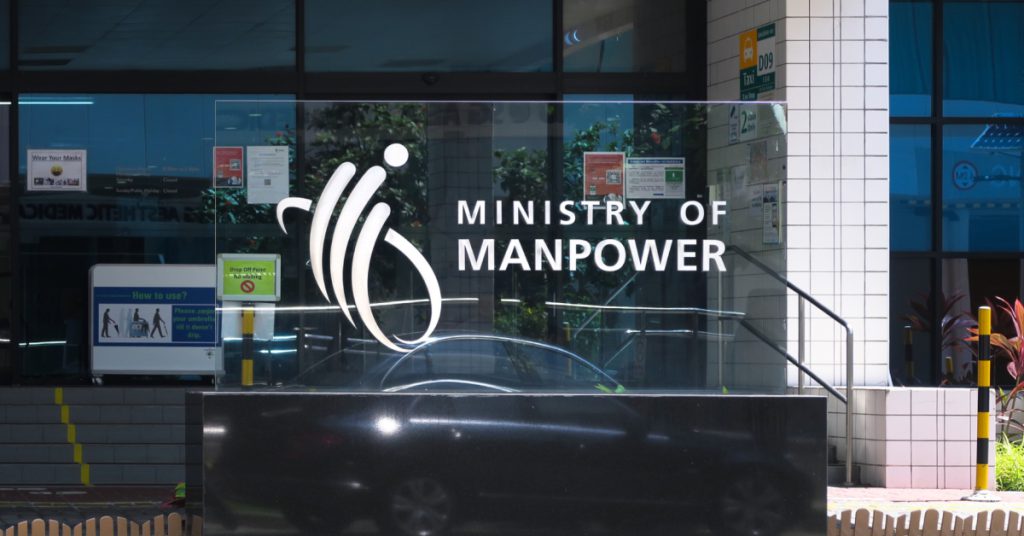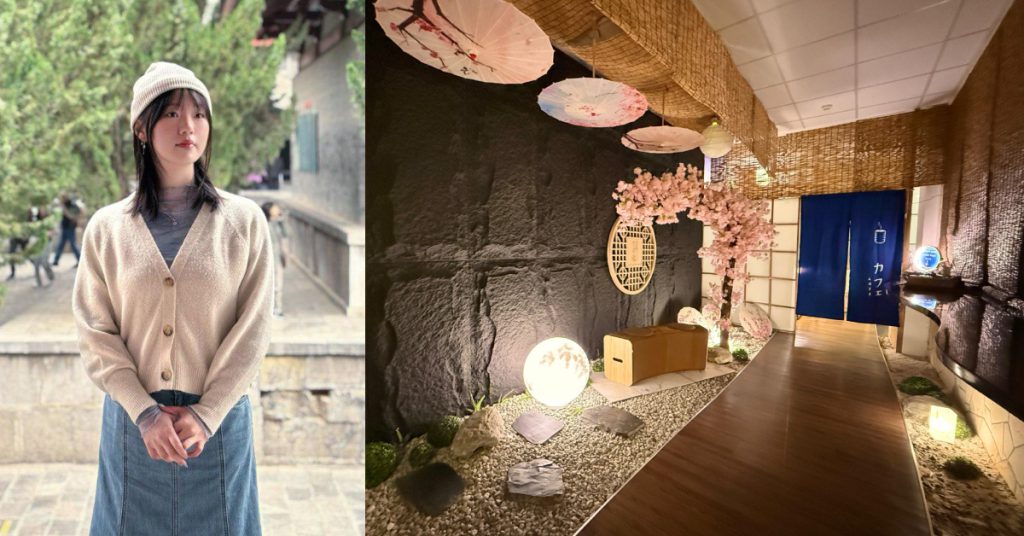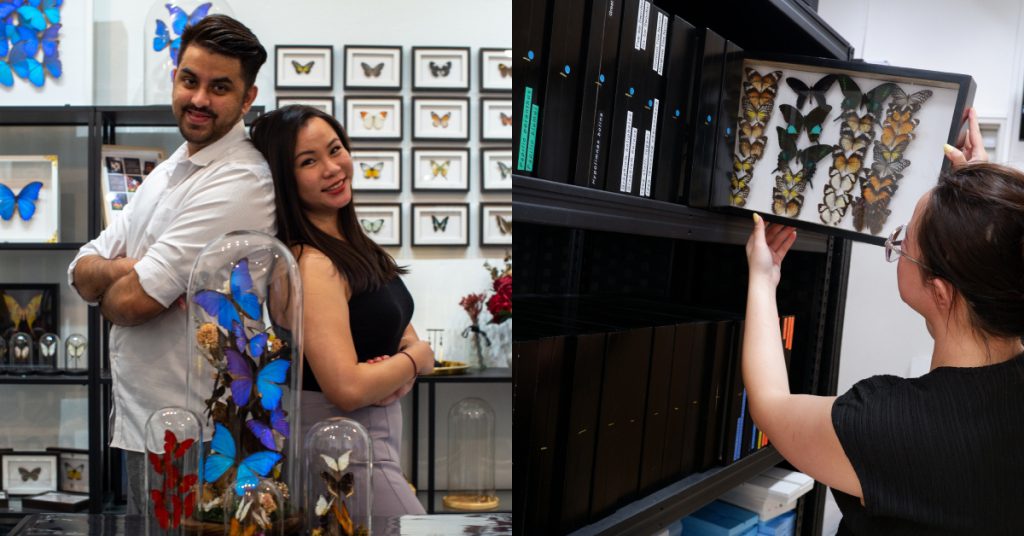Deepavali is a celebration observed by those practicing the Hindu faith and in Malaysia, it is often celebrated in the fourth half of the year. Although it is a one day public holiday in our country, the celebration lasts for 5 days and is also observed in India, Myanmar, Mauritius, Guyana, Trinidad and Tobago, Suriname and Fiji.
In the spirit of the Diwali festivities, here are 8 things that you should know about the celebrations.
1. The term ‘Deepavali’ stands for row of lights or lamps

Affectionately termed the Festival of Lights, the term is also derived from Deepavali/Diwali, whereby during the celebration, we would commonly see a row of lights placed in homes or public spaces. Light is an important element for the celebration and it is also to rejoice over the triumph of good over evil and light over darkness.
2. A clean home is observed for the Deepavali celebrations

As it is a New Year’s celebration, families would take the time to clean their homes and likewise, and business owners with their shops. Fresh flowers are also used to adorn residences.
3. The decorative pattern made using rice flour is called ‘Rangoli’ or ‘Kolam’

A rangoli is the most common decorative item seen at shopping malls during the Diwali celebration and it is often a colourful depiction of peacocks or flower patterns. A rangoli is done to bring good luck and prosperity to a home, besides being a beautiful decoration.
4. The final day of Deepavali is known as Bhai Dooj, Bhaubij or Yamadwitīyā

This day is dedicated in celebrating the relationship shared between brothers and sisters. The custom is derived from the story of how a brother named Yama visited his sister Yami, and she welcomed him by painting a mark of good fortune on his head. It has been practiced ever since.
5. Deepavali is not a public holiday in Sarawak

Deepavali is observed as a public holiday in every state except for Sarawak, the Land of Hornbills.
6. We can wish our celebrating friends ‘Shubh Diwali’ or ‘Shubh Deepavali’

If you’re headed for a Deepavali open house, you should know the term to use in order to greet the hosts, as it stands for ‘have an auspicious Diwali‘.
7. Deepavali marks the beginning of the financial year

Many households and businesses start afresh with a new business ledger for their accounts and these ledgers are often decorated with images of Lakshmi, who is the goddess of fortune.
8. An oil bath is taken during the Diwali celebrations

The oil bath ritual is practiced symbolically in order to remove all dirt and evil and those who do perform the oil bath will be blessed with prosperity and wealth. There is a different oil bath for different parts of the body, including coconut oil and reetha which is used for the head.



